Introduction of Vitamins
5 Best Vitamins That Boost our Digestive System
Here is a list of that 5 magical Vitamins for Digestive System:
- Vitamin B7 (Biotin)
- Vitamin B9 (Folic Acid)
- Vitamin B12
- Vitamin C
- Vitamin D
Now we will Discuss each of these vitamins in detail. to avoid any diseases and complications.
Vitamin B7 (Biotin)
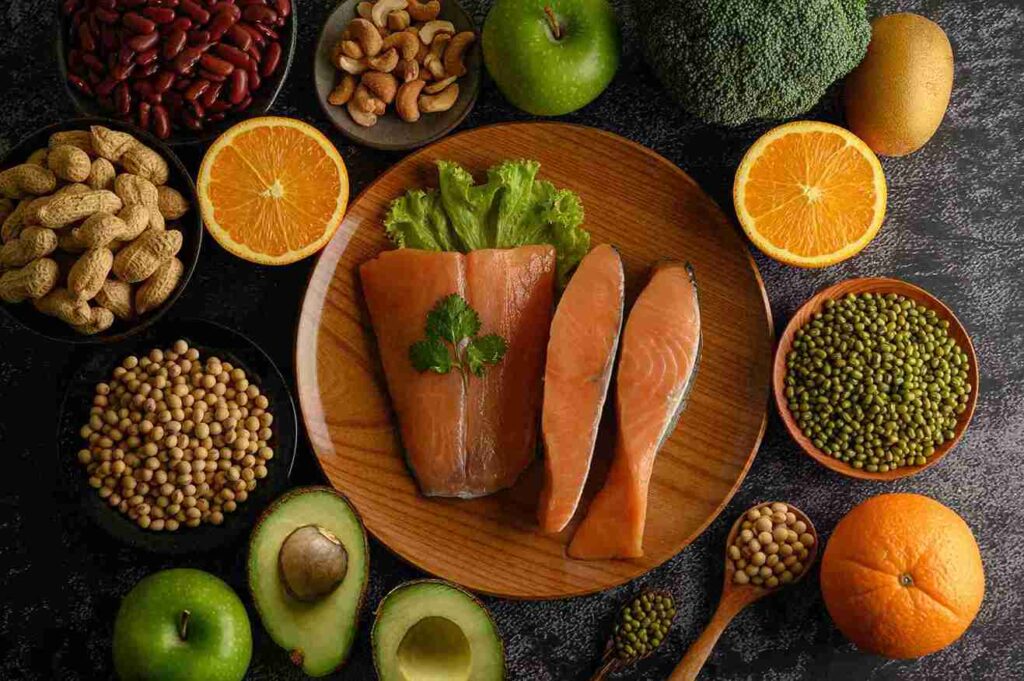
The compound is a member of the B vitamin group and is known to dissolve in water; biotin is known for its importance in metabolism processes of the body. The vitamin is also useful in that it becomes a coenzyme – in other words, a sort of apprentice – to enzymes involved in the carbohydrate, lipid, and protein metabolism processes. These enzymes are the engines of digestion – the effector molecules which help control the diet and convert it into energy.
Biotin plays important roles in digestion by assisting in the burning of fats and in the regulation of metabolism.
Biotin’s influence on digestion unfolds in several key ways;
Enhancing Nutrient Absorption:
Biotin-dependent enzymes play a role of catalyzing the process of breaking down large molecules such as carbohydrates, proteins, and fats into small and assimilable forms. This means we can get the best nutritional value of our foods without having to spend many hours cooking.
Promoting Gut Health
Vitamin B12 acts as a security guard for your gut, helping to maintain a strong barrier that keeps out harmful bacteria and toxins. Without enough Vitamin B12, the gut barrier weakens, allowing unwanted intruders like bad bacteria and toxins to sneak into the body. The bay is a tight barrier to ensure that nourishment takes place through the Digestive system without management entrance to the bloodstream happen.
Maintaining Normal Cell Function
It’s an essential coenzyme of enzymes needed to carry out normal cell functions in the cells that line the small intestine. These cells are vital in nutrient absorption and excretory processes in primates. Therefore, synthesis of biotin deficiency those bioavailability and malabsorptive and anti-inflammatory effects of biotin on the digestive tract are evident.
Signs of Biotin Deficiency
- While rare on a normal diet, biotin deficiency can be caused by some illnesses and certain medications. However, certain factors can increase the risk, such as:
- Some drugs are known to cause dizziness when taken long-term– Long-term use of certain medications (e.g. antibiotics)
- The persons with pregnancy and breastfeeding issues are said to have higher biotin requirements.
- Underlying health conditions (e.g. Crohn’s disease)
Symptoms of biotin deficiency can include:
- Hair loss
- Brittle nails
- Skin problems (rash, dermatitis)
- Fatigue
- Muscle weakness
- If you continue to have any of these signs, then you need to seek medical advice.
Biotin-Rich Foods
As vitamins are essential for digestive system, Here are some excellent sources:
- Eggs (yolk)
- Organ meats (liver, kidney)
- Nuts (almonds, peanuts)
- Seeds (sunflower seeds, chia seeds)
- Soybeans and lentils
- Cauliflower
- Bananas
- Avocados
Incorporating a variety of these foods into your diet can help ensure you’re getting enough biotin for optimal digestive health.
Vitamin B9 (Folic Acid)
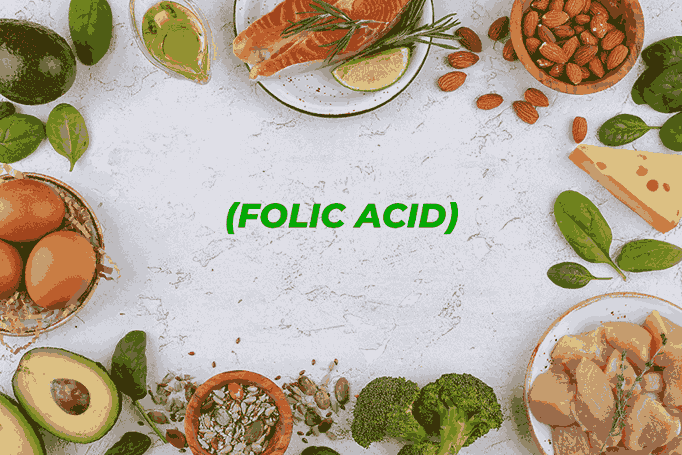
Let’s picture your digestive system as an assembly line of a large factory – in fact the largest one in town. Food takes its entry and it has to be assimilated by passing through certain breakdown processes before it can be absorbed and used by the body for metabolism. But how? Here is where B9 comes in! It functions like a miniature composition of the factory that helps in the breakdown of food matter into smaller portions. It just makes it easier for your body to just take all of the good, you know, vitamins and minerals and energy from what you are eating. Finally, no more getting slowed down after eating and no more indigestion!
Importance of Vitamin B9 for Digestive System
B9 is not merely an ability to dissect the products of processing and heating that have become firmly established in our diet, such as bread and pasta or soup and potatoes. It also helps to maintain the lining of the intestines healthy and integrity so that you do not suffer from Leaky Gut Syndrome. Your digestive tract lining is like a shield, B9 ensures that this shield remains intact because it blocks bad bacteria as well as toxins from accessing it. With leaky gut syndrome healing comes easier digestion with less bloating and overall digestion is harmless because vitamins helps boosting in digestive system.
- B9 is needed by all entities in varying degrees in their bid to remain competitive and to navigate different circumstances in the world of business, politics, and social issues.
- There is something known as B9 which pregnant women need for fetal development so enough is really important. Also, some people with different illnesses or taking some medications might have to consult with their physicians concerning B9 intake.
- Foods that are rich in B9 vitamins can indeed give your gut a much-required boost.
Folic Acid rich foods
-
Leafy Green Vegetables: Lead the pack when it comes to folate. Spinach, kale, collard greens, and turnip greens are all excellent choices. They’re not only a good source of B9 but also loaded with other essential vitamins and minerals.
-
Beans and Lentils: These are a double win, providing both plant-based protein and fiber. They’re also a great source of folate.
-
Nuts and Seeds: Almonds, peanuts, sunflower seeds, and cashews are tasty and B9-rich options. Enjoy them as a healthy snack or add them to salads or yogurt for an extra nutrient boost.
-
Fruits: While not the most concentrated source, some fruits like oranges, papayas, and cantaloupe are surprisingly good sources of folate.
-
Other sources: Don’t forget fortified cereals and grains, asparagus, beets, and broccoli. These foods can also contribute to your daily B9 intake.
Symptoms of Folic Acid deficiency
Fatigue and Weakness: This is a common symptom of many deficiencies and if it were not for the abnormal decrease in folate levels, it would not be noticeable. Due to lack of Folic Acid, you are fatigue are always feeling weak and weary.
Digestive Problems: Among other things folate is involved in digestion, thus individuals can experience such symptoms as diarrhea, constipation or mouth sores due to deficiency of folate.
Weight Loss or Poor Appetite: Folate deficiency can lead to problem in nutrient absorption in the body and therefore a possibility of weight loss despite regular intake of food. Some of the possible side effects include fatigue, weight loss, and nausea.
Pale Skin: Folate plays a major role in the formation of red blood cells. A deficiency might result in anemia, which may bring about pale skin since the body lacks the red blood corpuscles to ferry oxygen to all parts.
Brittle Nails and Hair Loss: One nutrient worth notable mention is folate, and a deficiency in this nutrient is likely to lead to brittle nails and hair loss among others.
Mood Changes: One would even find some research claiming that a deficiency in folic acid may be related to mood swings, including irritability or depression.
Numbness or Tingling in Hands and Feet: A deficiency in folate affects nerves and brings about ailments like the feeling or having pins and needles on the hands or feet and numbness as well.
Vitamin B12 for Digestive System
Forget the idea of your stomach as a simple parking lot for food! It’s actually a digestive powerhouse, breaking down fuel for your body. And just like any powerhouse, it needs the right tools to function efficiently. That’s where Vitamin B12 comes in. Let’s explore how Vitamin B12 plays a crucial role in the digestion process. It aids in the repair of food particles to a form that is smaller, making it much easier for the body to digest them. Thus, this efficient breakdown ensures the body receives from the food all the desirable such as vitamins, minerals, and energy sources. Without sufficient quantity of B12, digestion comprises and everything seems to be moving in slow motion and causes uneasiness. Therefore, consider it helpful to have a healthy digestive system by including B12 foods in your basket.
Foods rich in Vitamin B12
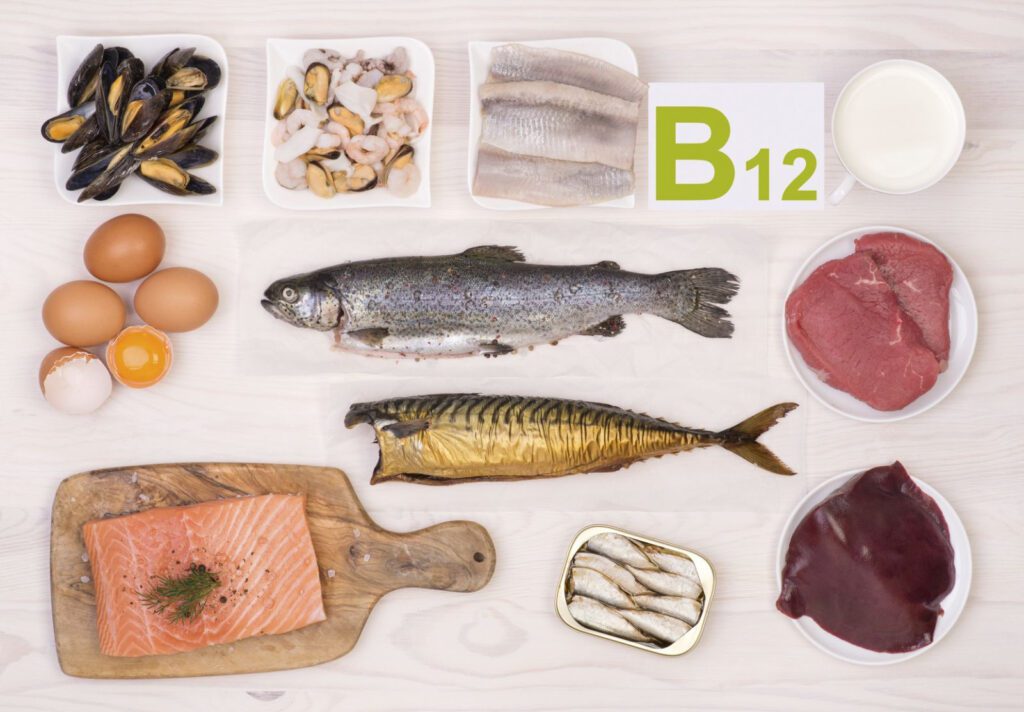
Animal Products: Non-harsh meats such as beef, lamb, chicken, turkey, and fish like salmon, tuna, and sardines, eggs, and dairy foods including milk, cheese, and yogurt contain vitamin B12.
Fortified Options: Some plant-based milks and cereals are fortified with B12, so the vegetarian and especially vegan diet entails a higher need of B12 is can be partially addressed.
Signs and Symptoms of Vitamin B12 Deficiency
Pernicious anemia symptoms depend on whether or not the patient has a Vitamin B12 deficiency, but there might be mild symptoms at first. Here are some key signs to watch out for:
Fatigue and Weakness: This sign is typical to virtually all types of deficiencies, but in the case of B12 this symptom can be especially notable. Places, specifically respiratory sounds, may be utterly frustrated and also lean or fatiguing disastrously even subsequent to having a adequate rest.
Digestive Problems: B12 having an impact on the gut since its deficiency status may lead to cases such as diarrhea, constipation, or loss of appetite.
Numbness or Tingling in Hands and Feet: Deficiency in B12 might also affect the nerves therefore can cause things such as a tingling sensation or even numbness in the limbs.
Pale Skin: B12 is one of the vital nutrients that help in the production of red blood cells in the body. Deficiency can lead to anemia which could result to pale skin as there are few if any oxygen carrying red blood cell to distribute throughout the area.
Mouth Problems: Some of the symptoms that clear in indication of B12 deficiency include canker sores or a smooth, inflamed tongue.
Vision Problems: Another possible symptom of B12 deficit is the changes or developments in vision like getting a blurred vision.
Mood Changes and Difficulty Concentrating: Deficiency in B12 can cause changes in mood including irritation or depression, or inability to concentrate.
Balance Problems: The defect major enough leads to problems with moving or balance.
Vitamin C
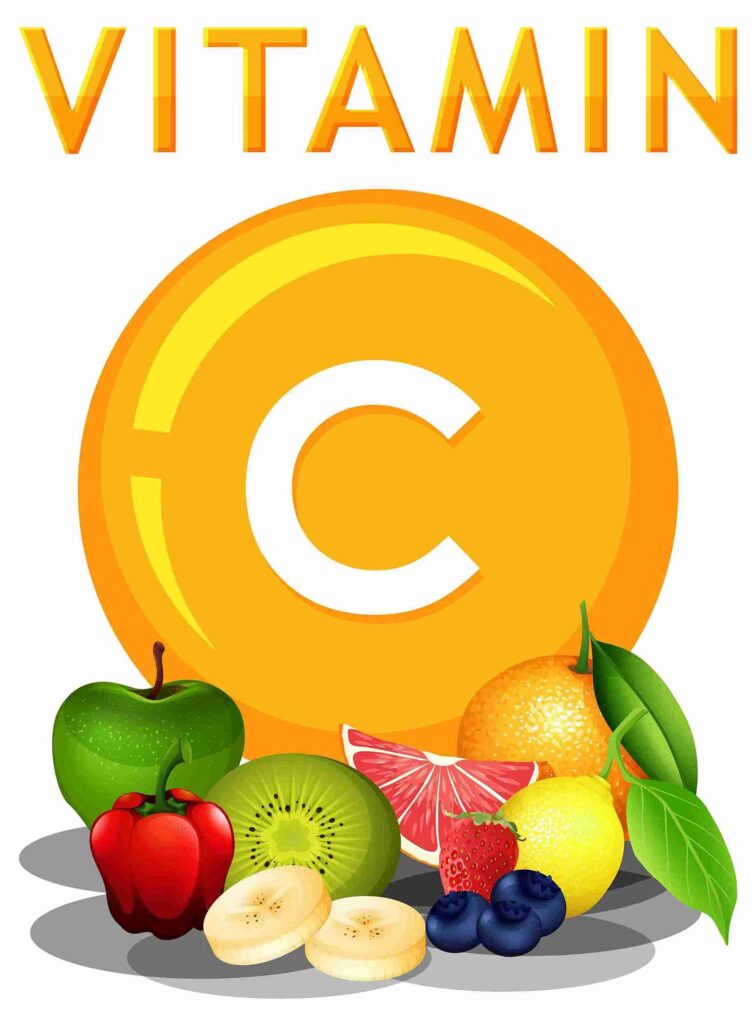
Beyond its popular function in immunity boost, vitamin C is a more integral part of your digestion than you would peg. First and foremost, it maintains a friendly display of being a small conditioned-support for gut health in several ways. First, vitamin C helps in iron absorption, a metallic power which assists in the distribution of oxygen in your body and more so your digestion system. This means your gut cells are always in order and you’re overall health is at its greatest.
Moreover, vitamin C is beneficial for you and helps to improve the lining of your gut, thus making it protecting layer against bad bacteria or any toxic compounds that could interfere with digestion. Some more current investigations also point out that Vitamin-C is also essential for the balance of these gut bacteria, which is pivotal for people’s digestion and health. In other words, consume fruits and vegetables that are rich in vitamin C because this is a tasty approach to assist in maintaining a positive digestive organ.
Vitamin C rich Foods
Citrus Fruits: Normal fruits that work are oranges, grape fruits, clementine’s, and lemons, among others, are full of vitamin C.
Tropical Fruits: The tropical favorites like kiwifruit, guava, papaya, and pineapple are particularly rich sources of this vitamin.
Berries: To be more specific, strawberries, raspberries blueberries and blackberries are great sources of antioxidants and vitamin C.
Bell Peppers: It may be quite surprising to some to learn that the bell pepper holds a vital role in the world of nutrition. Vitamin C: Red, yellow, and green varieties are all great sources.
Leafy Green Vegetables: Let people know that fresh spinach, kale, and collard greens contain not only folates but vitamin C we never expected.
Broccoli: This green vegetable is a rich source of vitamin C in addition to offering other vitamins and minerals that are important for a balanced diet.
Tomatoes: You can eat tomatoes as they are through preparation, or in the form of juice, and they are rich in Vitamin C.
Vitamin C deficiency Signs and Symptoms
Fatigue and Weakness: This is typical with many deficiencies including vitamin C deficiency as described in this passage. You might also be feeling overly tired and weak even if have you had your recommended sleep at night.
Slow Wound Healing: It is also a co-factor in collagen synthesis, a protein that is vital in the healing of the burnt area. Hypomagnesemia, or deficiency, is characterized by slow wound healing particularly of cuts, scrapes and bruises.
Frequent Infections: Vitamin C is needed for the proper working of the human body especially the immune system. In its absence you become more vulnerable to certain diseases such as colds or flu.
Bleeding Gums and Easy Bruising: Vitamin C assists in supporting blood vessels and other tissues in our body that are formed by combination of collagen. It can cause the skin to become pale and may cause you to have bleeding gums , nosebleeds and you can bruise more easily.
Dry and Rough Skin: It is observable that vitamin C is essential in maintaining skin health. Deficiency skin signs include dryness of the skin, roughness of skin and presence of skin scales.
Joint Pain and Inflammation: Vitamin C has other functions in the body and is also important in diminishing inflammation. It is comprehensible that deficiency might result in joint pain and stiffness.
Mood Changes and Irritability: There are some signs that imply that lack of vitamin C contributes to behavioral changes such as increased levels of irritability or even depression.
Vitamin D
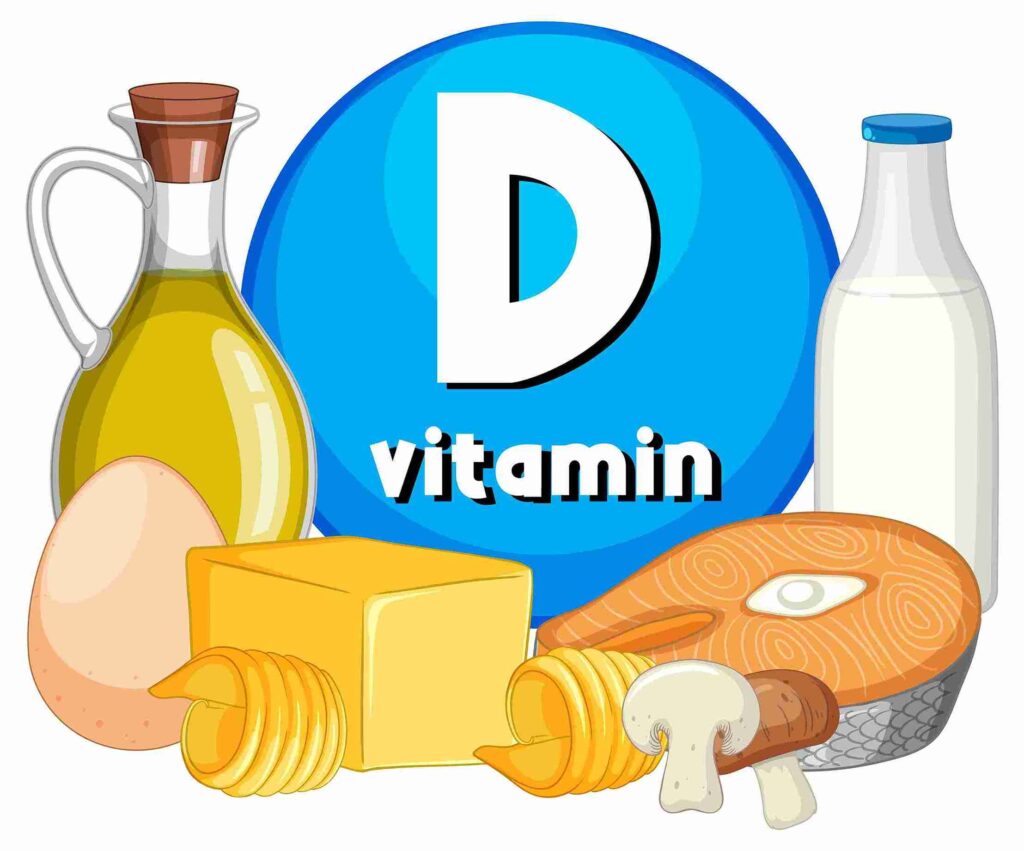
Seriously, it’s not all about digesting food in our stomach, I repeat our stomach. The truth is shocking, or should we say gastronomical. Vitamin D is vital for the proper functioning of your digestive system. It is well understood that Vitamins for Digestive System are important. Vitamin D helps the body build bones, but it also orchestrates the gut’s immune apparatus like a maestro. One of the roles of T-cells is to suppress inflammatory processes and pathogens in the gut lining. Recent studies have found that this vitamin may also help maintain a healthy balance of gut bacteria, the trillions of microorganisms that live in our digestive system and are essential for digestion and overall body function. Therefore, simply enjoying some sun or adding vitamin D containing foods to your daily meals can be an effective recipe for creating a healthy gut.
Vitamin D rich Foods
Fatty Fish: Non-fish-eaters should or should start consuming fish since salmon, tuna, mackerel, sardines and herring are all high in vitamin d.
Fish Liver Oils: Cod liver oil is extremely rich in Vitamin D. One can get a fix of this vitamin with cod liver oil.
Fortified Foods: Dairy products like milk, yogurt and cheese contain vitamin D fortification. Ensure you read the product labels to determine the quantity of vitamin D contained in the product.
Eggs: Of course, it is not as rich as fatty fish, but eggs are a good source of vitamin D. The yolk contains it in particular.
Mushrooms: Portobello, maitake, and white button mushrooms are good in vitamin D.
Beef Liver: There are other food sources where people who like them take it, beef liver also contains vitamin D.
Vitamin D deficiency Signs and Symptoms
Vitamins deficiency may cause many problems. some of them are describes below;
Bone Pain and Weakness: Vitamin D is necessary in order to absorb various minerals and in particular calcium for proper formation of bones. This when lacking can cause & anterior & posterior bone pain tenderness & even an increased rick of fracture.
Muscle Weakness and Fatigue: As we know the role of vitamin D in muscle function as well. First, deficiency can give rise to muscle weakness, joint pain, and general deterioration of physical health.
Mood Changes and Depression: Low level of vitamin D causes mood swings or feelings of depression.
Delayed Wound Healing: Vitamin D, beyond its role in immune response, also actively participates in wound healing. This can be due to poor wound and healing and slower recovery from cuts, scrapes and injuries.
Frequent Infections: Vitamin D helps with the normal functioning of the immune system. Symptoms such as chills or sore throat can be a sign of a cold or the flu if you are nutrient deficient.
Hair Loss: Hair loss is not an obvious symptom showing that a person is deficient in vitamin D. Those who suffer from the condition could be experiencing it.
we know that certain Vitamins are essential for Digestive System. we have to be careful about their intake in food to avoid any complications.
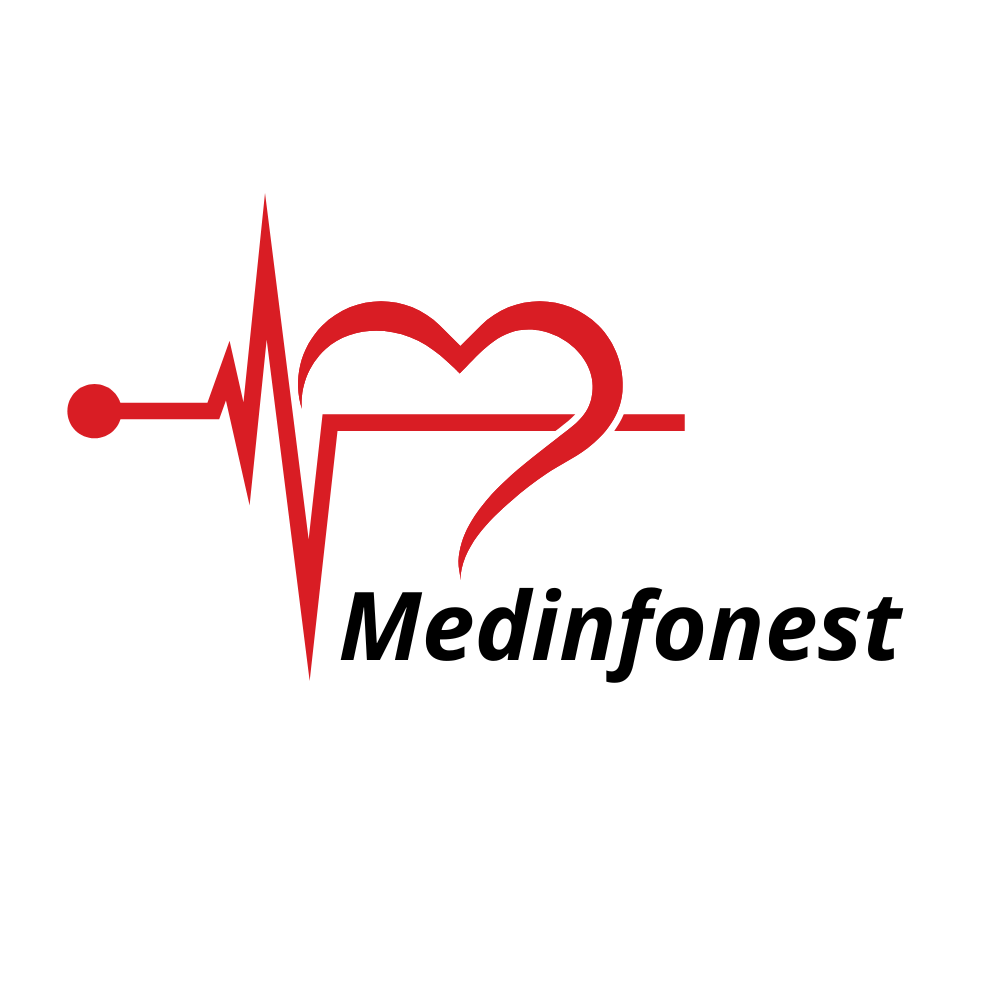
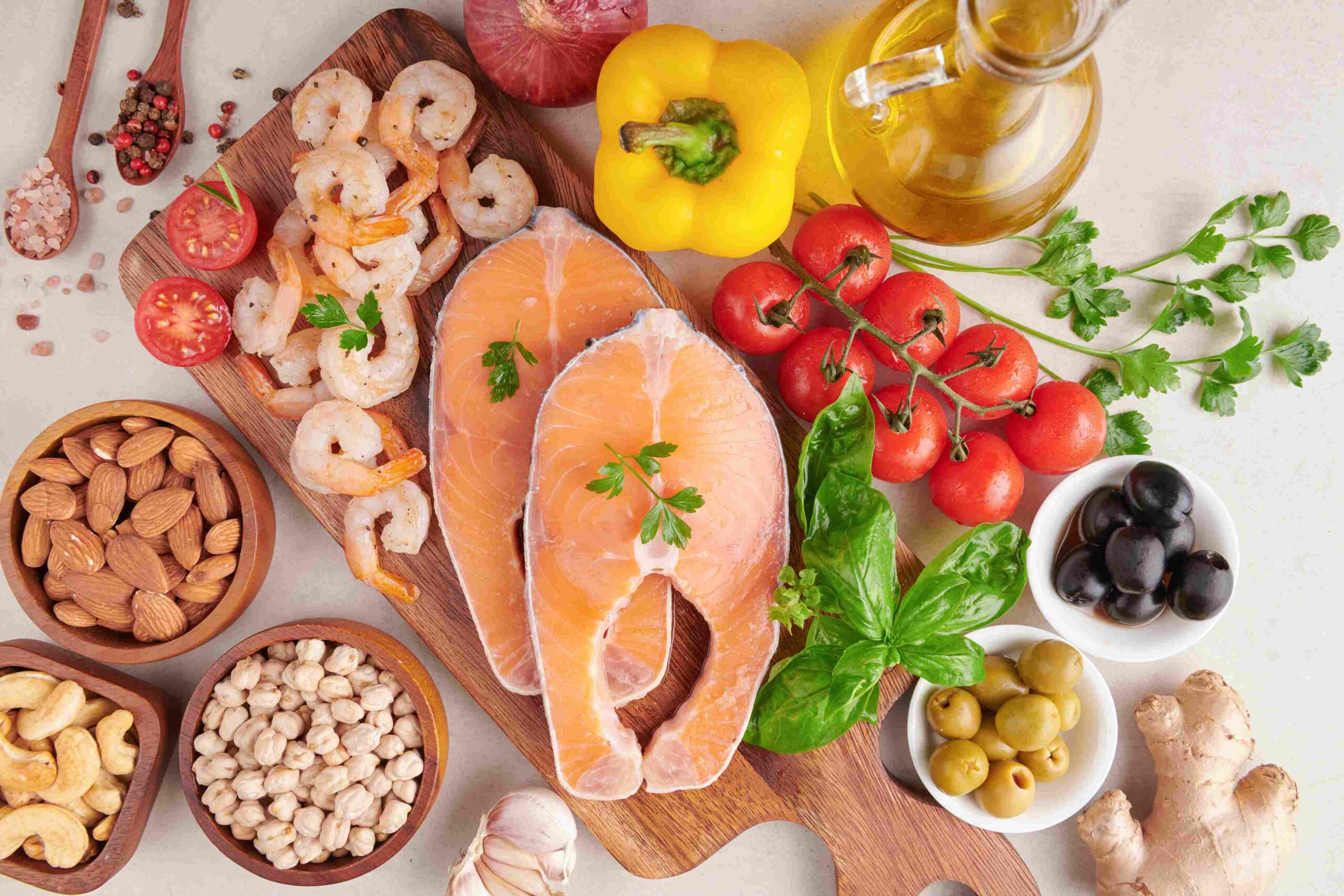

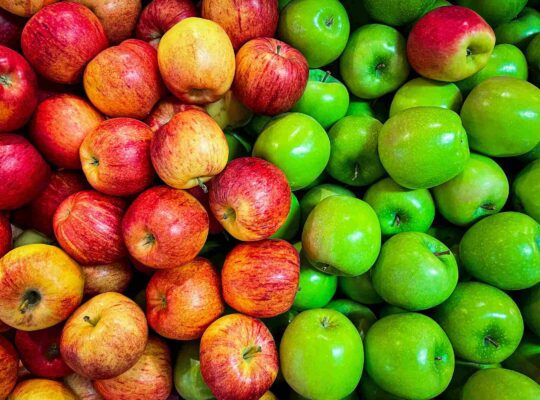


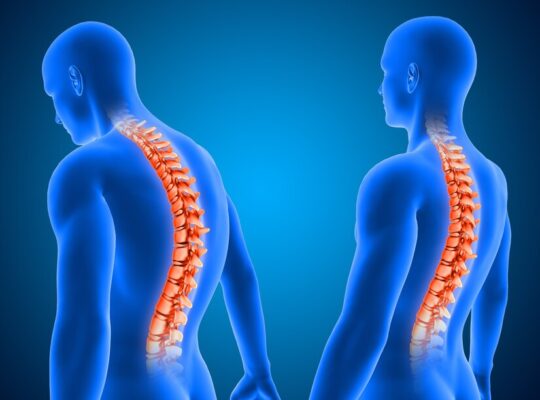


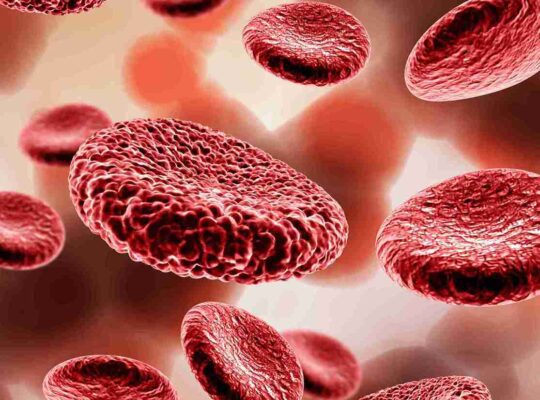
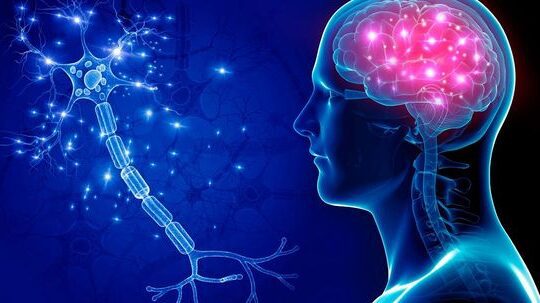

13 Comments